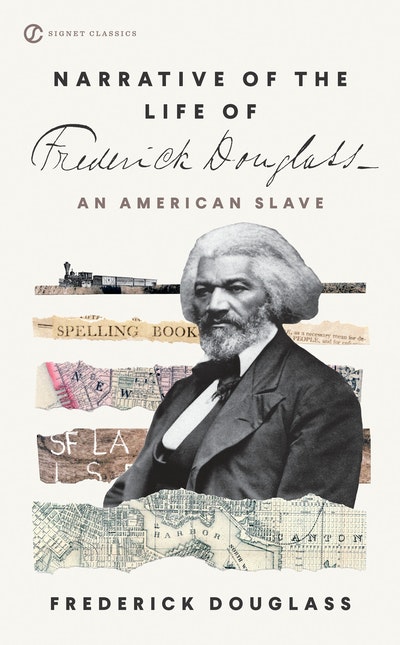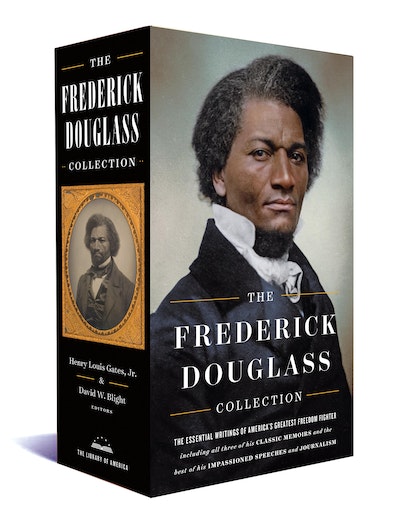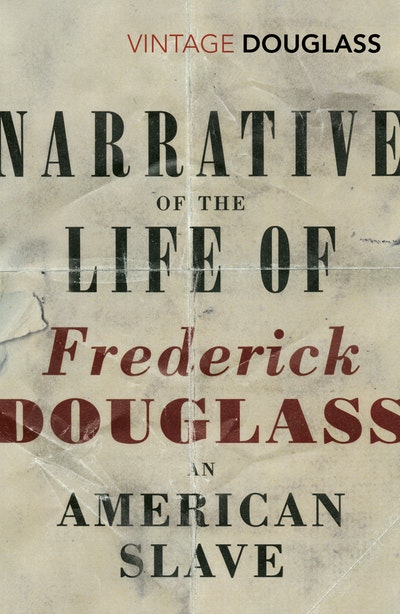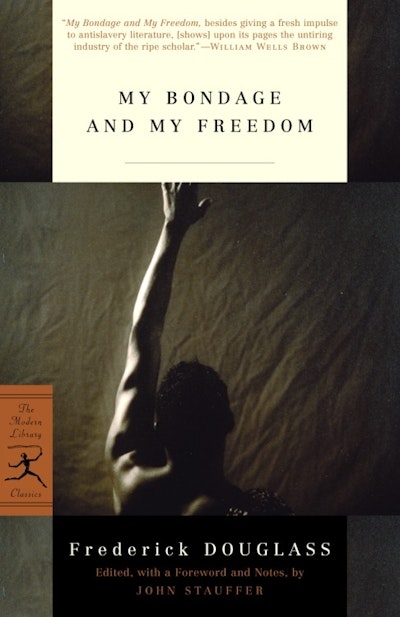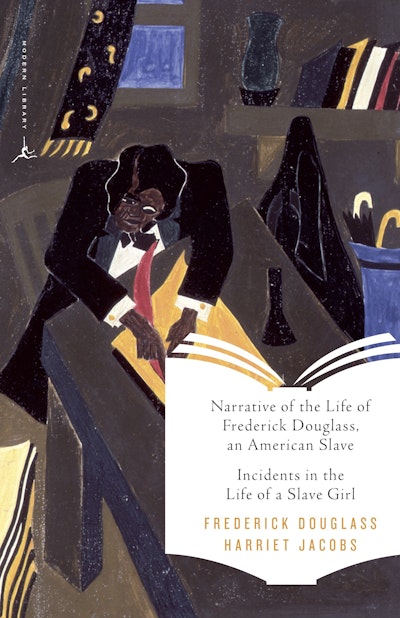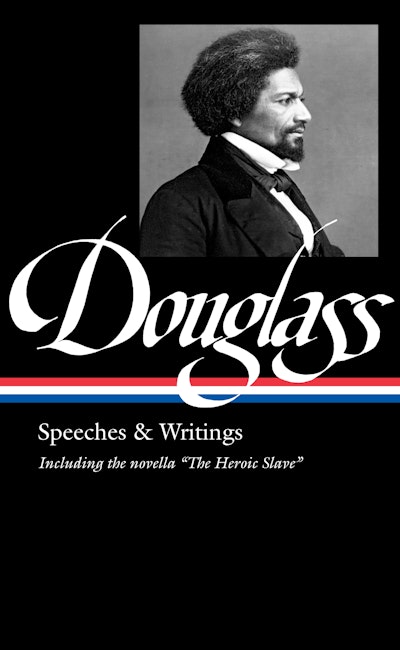[]
Narrative of the Life of Frederick Douglass, an American Slave
An American Slave
Formats & editions
Buy from…
- Published: 7 June 2005
- ISBN: 9780451529947
- Imprint: Signet
- Format: Paperback
- Pages: 160
- RRP: $14.99
"He is my friend." --Abraham Lincoln
"He experienced...the tyranny and circumscription of an ambitious human being who was classified as real estate."--W.E.B. DuBois
"This narrative contains many affecting incidents, many passages of great eloquence and power...Who can read [it], and be insensible to its pathos and sublimity?" --William Lloyd Garrison
